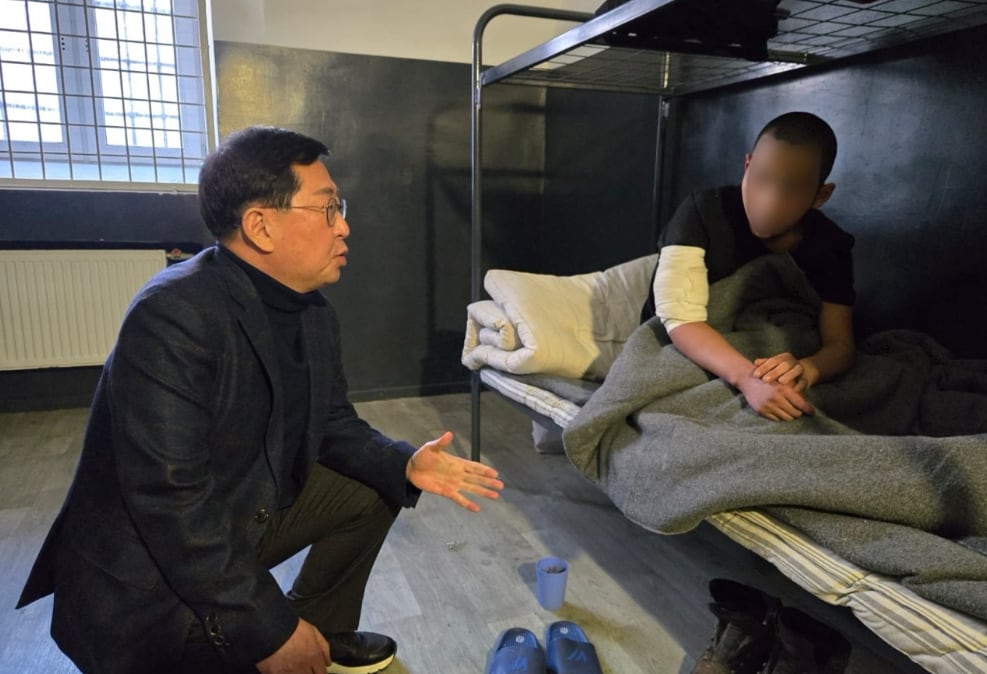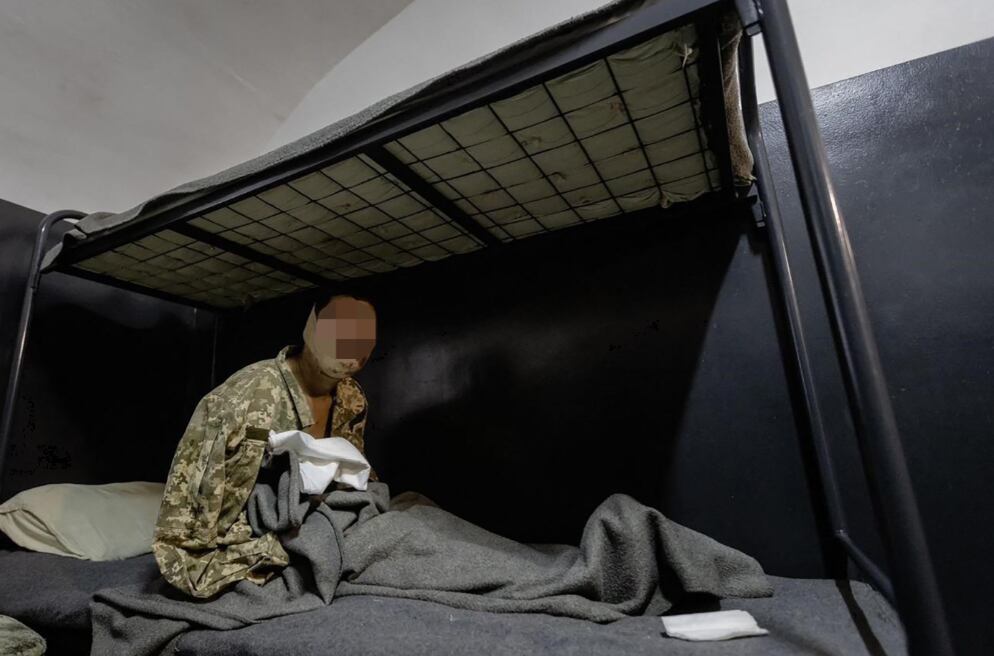TAIPEI, Taiwan – Two captured North Korean soldiers fighting with Russia in its war against Ukraine were not among the 1,000 prisoners of war recently repatriated by Ukraine to Russia due to a request from Seoul, said a South Korean lawmaker.
The soldiers, identified as Ri and Baek, were part of the more than 12,000 North Korean soldiers deployed to Russia’s Kursk region to fight Ukraine who occupied parts of the region in an August counteroffensive. The two were captured in January and have been in custody in Kyiv since then.
“I have confirmed through a Ukrainian source that Ri and Baek, former North Korean soldiers captured by Ukrainian forces, were excluded from the recent prisoner exchange list,” said Yu Yong-weon, a member of South Korea’s ruling People Power Party.
Russia and Ukraine agreed to a prisoner swap of 1,000 detainees each during negotiations in Istanbul, Turkey on May 16. From May 23, they exchanged around 300 prisoners daily for three days.
“Another source said that their exclusion from the exchange was in response to a request from the South Korean government, which the Ukrainian government honored,” Yu said.
“Please make every diplomatic effort to ensure they can set foot on the free soil of South Korea.”
Radio Free Asia has not independently verified the status of Ri and Baek.
Yu visited Ukraine in February and met with the two prisoners when Ri expressed a desire to defect to South Korea.
Legally, South Korea recognizes all North Koreans as citizens under its constitution. This means that any North Korean, including a prisoner of war, or POW, is entitled to South Korean nationality upon arrival.
South Korea’s foreign ministry said it had expressed a fundamental principle that it would accept any North Korean soldiers requesting to come to South Korea and had conveyed this position to the Ukrainian side.
Russia and North Korea have aligned closely since Russian President Vladimir Putin visited North Korea for talks with Kim Jong Un and signed a mutual defense treaty during the Russian leader’s visit to Pyongyang last year. It elevated military cooperation and resulted in the deployment of North Korean troops to Russia.
Reports of the deployment of North Korean troops to Russia first surfaced in October. Even as evidence of their presence grew – including when North Korean soldiers were taken captive by Ukrainian forces in Kursk and interviewed – neither North Korea nor Russia acknowledged their presence until April.
South Korea’s main spy agency National Intelligence Service, or NIS, reported in April that among the North Korean troops deployed to Russia, there have been a total of 4,700 casualties, including 600 deaths.
The NIS estimated the North has deployed a total of 15,000 troops to Russia in two separate deployments.
Combat has decreased since March as Russian forces have retaken most of the territory in the western Kursk, where Ukrainian forces had advanced, the agency said.
While there is currently no visible movement for a third deployment, the possibility remains open, it added.
The NIS also noted that North Korean forces have shown significant improvement in combat capability, as their initial inexperience has diminished and they have become more familiar with new equipment such as drones.
However, the prolonged deployment has reportedly led to “behavioral issues” among the troops, including excessive drinking and theft.
In exchange for troop deployments and arms exports, North Korea is believed to have received from Russia reconnaissance satellite and launch vehicle technology assistance, drones, electronic warfare equipment and SA-22 surface-to-air missiles.
Additionally, North Korea is reportedly in discussions with Russia to modernize 14 industries, including metals, aviation, energy, and tourism. Around 15,000 North Korean workers are estimated to have been sent to Russia, the NIS said.
Edited by Mike Firn.


